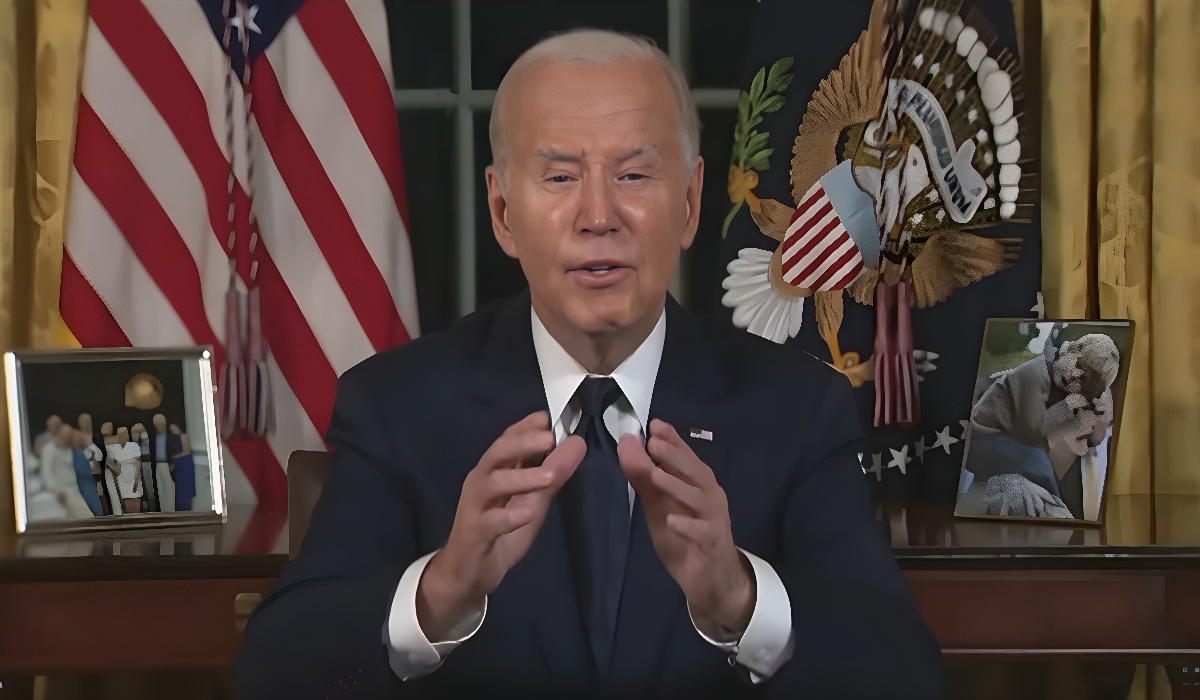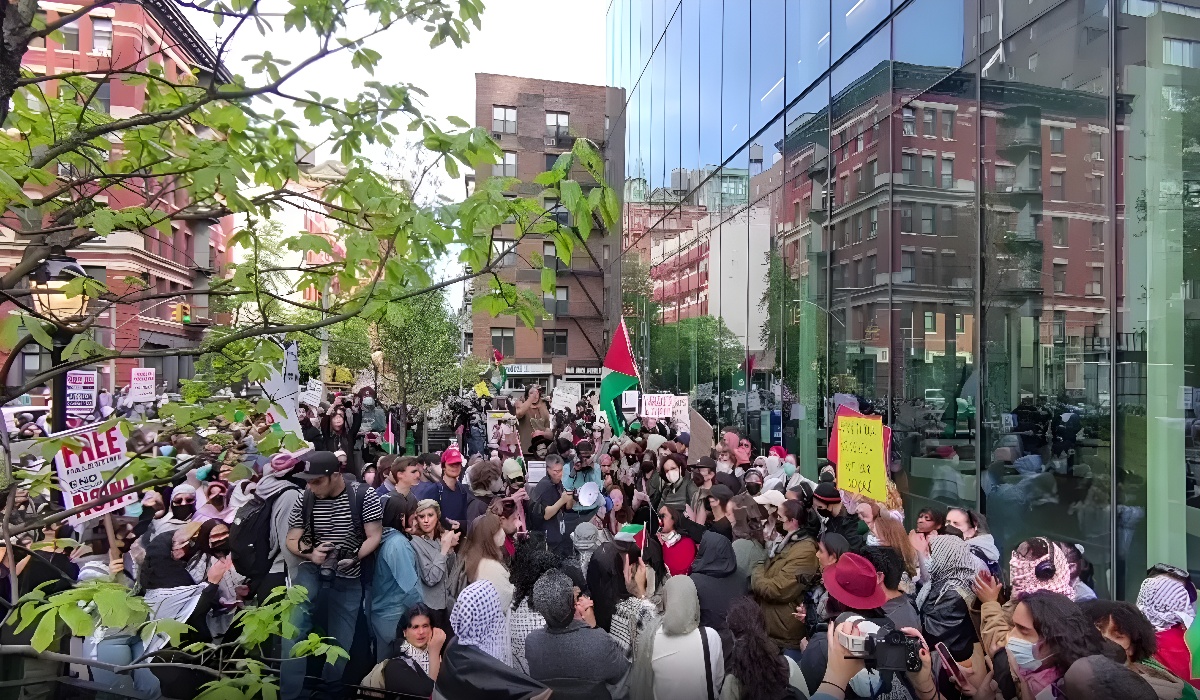Deceptive Diplomacy: Lying to America Through Presidential Oval Office Addresses
- TDS News
- U.S.A
- January 1, 2024

The Oval Office address by a U.S. President holds immense significance, representing a momentous occasion such as a major crisis or a matter of national importance. It is a direct channel through which the Commander-in-Chief communicates with the American people, shaping public opinion and garnering support during critical times. However, beneath the gravity of these addresses lies a disconcerting reality – a propensity for misinformation and deception.
Following the attack on Israel by Hamas, Andrew Bustamante, a former CIA spy respected in the intelligence community, dissected the President’s Oval Office address and his speechwriters’ techniques. Bustamante’s analysis revealed a nuanced interplay of truth and falsehoods, highlighting the deliberate manipulation of information to sway public influence.
The President’s disconcerting use of language was evident, strategically crafted to evoke emotional responses from the American people. Words and phrases were carefully chosen to sway public sentiment and garner support for increased arms shipments to Israel. In discussing the conflict in Gaza, there was a notable imbalance in the presentation of casualties, with a focus solely on the reported numbers of Israeli deaths while neglecting the significant loss of life among Palestinians. This selective framing reinforced a biased narrative and obscured the situation’s complexities. Equally troubling was the President’s omission or glossing over critical issues, such as the corruption charges faced by the Israeli Prime Minister in the courts and the ongoing occupation of the Palestinian people. The calculated use of language and the deliberate shaping of the narrative underscore the challenges faced by the American public in obtaining a comprehensive and unbiased understanding of complex geopolitical issues.
While not all information conveyed was inaccurate, the mere existence of deceptive elements underscores a broader issue. The American public, often reliant on their leaders for accurate information, finds itself navigating a landscape of half-truths and fabrications. This raises questions about how citizens can trust the information disseminated during these crucial addresses.
One of the inherent challenges lies in the public’s limited understanding of global events, exacerbated by the tendency to consume news within national borders. Addressing the nation from a siloed perspective, Americans may inadvertently become insulated from diverse viewpoints and alternative narratives. The distorted perception of international events, such as the humanitarian crisis in Gaza, further hinders an informed public discourse.
The prevalence of deceptive rhetoric in presidential addresses contributes to the pervasive belief that all politicians lie. While this assertion lacks factual basis, it resonates with the public, casting a shadow of doubt over the veracity of political statements. The erosion of trust in political figures poses a significant threat to democracy as citizens grapple with skepticism and cynicism.
In a world where the truth is mired in a web of political narratives, the fundamental question emerges: How can the American people trust their leaders when deception appears woven into political discourse? Trust, the bedrock of a functioning democracy, is fragile and easily eroded. The responsibility lies not only with the leaders but also with the citizens to demand transparency and accountability.
President Biden assumes his place among a lineage of leaders who have wielded Oval Office addresses to convey narratives later proven at odds with the truth. This echoes the example set by former President George Bush, who utilized a similar platform to advocate for the invasion of Iraq under the erroneous guise of weapons of mass destruction. This recurrent pattern prompts a profound inquiry into the dynamics between presidents, their advisors, and the American public. It extends beyond individual leaders to encompass the broader political system—does the Oval Office engender a lack of faith in the public’s capacity for truth, or does the pursuit of reelection often eclipse a sincere commitment to transparency?
The persistent recurrence of falsehoods and half-truths in Oval Office addresses signifies a disconcerting trend where political expediency frequently precedes a genuine dedication to honesty and trust. As we reflect on the lessons drawn from history, it becomes imperative to scrutinize the actions of individual presidents and the systemic factors that perpetuate a cycle of misinformation. This necessitates a collective effort to fortify the foundations of trust between the American people and their leaders, transcending political affiliations and affirming the shared commitment to a more transparent and accountable democratic discourse.
As citizens, we must demand honesty, transparency, and integrity from our political leaders, ensuring that the democratic ideals upon which our nation was founded remain steadfast in the face of adversity. We hope to rebuild the eroded trust and forge a more informed and united future through a commitment to truth.








